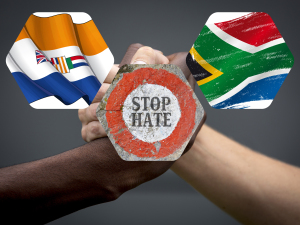
Since 1994, the issue of race relations has been a trending topic in the formal and social media in South Africa and with good reason: many lives had been affected by the Apartheid dispensation. The key issues are mostly being viewed from totally different perspectives, depending on whether you were “previously disadvantaged” or not. I am going to refer to the latter group of people collectively as “black people” for ease of reference. Many black people feel that white people should recognise and admit that apartheid was wrong and that they should apologise for it and the fact that they were beneficiaries of the system. Many white people, on the other hand, feel that they are and were peaceful law abiding citizens, they personally never did anything to hurt or disadvantage anyone and that it is unfair to blame the apartheid system on them. They are also suffering economically at the moment and were not receiving undue privileges. They also feel that black people must “get over it” and move on and start contributing instead of moaning.
I would like to tell you a personal story that had a profound impact on my perspective on this topic, even before the public debate started. This is something that happened to me whilst the Apartheid government was still in power and the ANC as an organisation was still banned in South Africa.
During the late 1980's and early 1990's, I was involved with a company that sold computer systems to farmers and agricultural corporations, one of them being the Venda Agricultural Corporation. During my many visits to the capital of Venda, Thohoyandou, I met a black consultant and we became friends. I have not had the chance to obtain his permission to identify him, so let us just refer to him as Josh. Josh and I liked each other and eventually he invited me for dinner at his home in Thohoyandou. We agreed that we would build our friendship by learning each other’s culture and the invitation to his home gave him the opportunity to expose me to the African way of socialising.
At the required time I arrived at his home for my dinner appointment. Josh also invited an old friend of his to join us for dinner. He was a Venda man working in education. Let’s call him Frank. Frank was an impressive guy with a wide general knowledge. He also knew some of the Apartheid politicians personally. What impressed me most was his knowledge about Afrikaans language and culture. He knew some of the poems of A.G. Visser and I was embarrassed that he knew more about Afrikaans poetry than I did, being and engineer who was mainly interested in mathematics and science at school.
We had a typical African dinner – the men eating outside (with their hands) and the women and children inside. I had to "braai" the meat because us white guys were known to be much better in that department, whilst the rest of the food was prepared by Josh’s wife. After dinner, us men sat outside under the African stars and discussed the tense situation in our country. Please be reminded that we were still under Apartheid rule and we were well aware that the discussions had to be kept private and confidential.
Then quietly Frank asked me to please tell him about my first job interview. I felt that I was able to show off about my first interview because it took a whole day and it was exhausting. Whilst I was in matric I had applied for a bursary to study industrial engineering at the then steel manufacturing company Iscor and had been shortlisted for interviews. When I arrived at Iscor early morning, I had to complete a number of psychometric tests, IQ tests, aptitude tests and questionnaires of all sorts. After lunch I was called into a room where a group of seven people interviewed me. They asked me a lot of difficult questions and I was exhausted afterwards. A few weeks later I was informed that my application for a bursary was successful and I was appointed at Iscor before I finished my matric. Frank did not interrupt me once but he also did not look as impressed as I thought he should have been, listening to my colourful recollection of a difficult interview.
Then Frank asked me a question that would change my whole view on Apartheid from that day on. He asked me permission to tell me about his first job interview. Of course, I was interested, if only to compare notes. He said he was a young unemployed rural black guy and he wanted to work in the mines to earn some money. So he was routed to a specific mine where he arrived one morning for "interviews". There were a lot of black men there, from different age groups, some as young as he was, some already "madalas” (older men). They were instructed to remove all their clothing and strip to the bone. It was hugely embarrassing for most of them, amongst others that in African culture it was impolite for a youngster to look at an older man whilst he was naked. However, none of them had any choice if they wanted to be employed. They were then lined up naked in front of a long wooden counter and were instructed to put their penises onto the counter. A young white guy with a white jacket then approached them with a ruler in his hand. He then pressed very firmly onto every guy’s penis with the side of the ruler. If a drop came out of your penis, you were given an injection and told to take a hike. If there was no drop, you were hired. Frank said there was no drop from his penis and he got the job.
I was literally speechless for a few minutes. Then I found myself apologising. I apologised that I had such an impressive first interview and he was treated worse than a dog. I apologised that he had to re-live those most embarrassing moments that were clearly hurtful to him in order to open my eyes. I felt ashamed and sorry as if it was me who did this to him. When tears eventually came from my eyes he did not cry with me. He touched me and said that we were going to make this a great nation together. He told me that white rule was coming to an end, but we should all take hands and work together to make this a great nation. And that it would be hard. It would never be easy. There was too much pain already for it to be easy.
On that day, I realised that Apartheid deeply and profoundly hurt millions of people. It deprived them of humanity, it deprived them of education, of living a free life and having a fair chance to have a normal middle class life, maybe owning a decent place to live, having a decent job, having a normal family, watching sport and enjoying the good times with your friends and family and going on a nice vacation once in a while. The sort of things that white people were having. And yes, although until this day I have not wilfully and intentionally done something to hurt any other person, including black people, I was a beneficiary of an inhumane system and I am sorry and ashamed for all the appalling things that took place under Apartheid, although I did not cause it myself. I was bewildered by the fact that Frank did not carry any hate in his heart.
I agree with Frank that we can make this a great country. I also agree with him it will never be easy. On both sides of the colour divide, there is a lot of work to do. Real leadership will be required to manage us out of here. A lot of changing of attitudes need to take place. I do not want to lecture anyone on what needs to be done, I am not qualified to do it. What I am qualified to do is to participate in a positive manner in building our nation and making our country a beautiful place for all. I think a very important thing we need in our country at this time is EMPATHY. We need to show more understanding for our different cultures and backgrounds. We need to stop hating people who are different from what we are. Do we really understand and respect each other’s cultures? Do we really want this to be a great country? It starts with ordinary people like Frank and I. And you.
I would like to tell you a personal story that had a profound impact on my perspective on this topic, even before the public debate started. This is something that happened to me whilst the Apartheid government was still in power and the ANC as an organisation was still banned in South Africa.
During the late 1980's and early 1990's, I was involved with a company that sold computer systems to farmers and agricultural corporations, one of them being the Venda Agricultural Corporation. During my many visits to the capital of Venda, Thohoyandou, I met a black consultant and we became friends. I have not had the chance to obtain his permission to identify him, so let us just refer to him as Josh. Josh and I liked each other and eventually he invited me for dinner at his home in Thohoyandou. We agreed that we would build our friendship by learning each other’s culture and the invitation to his home gave him the opportunity to expose me to the African way of socialising.
At the required time I arrived at his home for my dinner appointment. Josh also invited an old friend of his to join us for dinner. He was a Venda man working in education. Let’s call him Frank. Frank was an impressive guy with a wide general knowledge. He also knew some of the Apartheid politicians personally. What impressed me most was his knowledge about Afrikaans language and culture. He knew some of the poems of A.G. Visser and I was embarrassed that he knew more about Afrikaans poetry than I did, being and engineer who was mainly interested in mathematics and science at school.
We had a typical African dinner – the men eating outside (with their hands) and the women and children inside. I had to "braai" the meat because us white guys were known to be much better in that department, whilst the rest of the food was prepared by Josh’s wife. After dinner, us men sat outside under the African stars and discussed the tense situation in our country. Please be reminded that we were still under Apartheid rule and we were well aware that the discussions had to be kept private and confidential.
Then quietly Frank asked me to please tell him about my first job interview. I felt that I was able to show off about my first interview because it took a whole day and it was exhausting. Whilst I was in matric I had applied for a bursary to study industrial engineering at the then steel manufacturing company Iscor and had been shortlisted for interviews. When I arrived at Iscor early morning, I had to complete a number of psychometric tests, IQ tests, aptitude tests and questionnaires of all sorts. After lunch I was called into a room where a group of seven people interviewed me. They asked me a lot of difficult questions and I was exhausted afterwards. A few weeks later I was informed that my application for a bursary was successful and I was appointed at Iscor before I finished my matric. Frank did not interrupt me once but he also did not look as impressed as I thought he should have been, listening to my colourful recollection of a difficult interview.
Then Frank asked me a question that would change my whole view on Apartheid from that day on. He asked me permission to tell me about his first job interview. Of course, I was interested, if only to compare notes. He said he was a young unemployed rural black guy and he wanted to work in the mines to earn some money. So he was routed to a specific mine where he arrived one morning for "interviews". There were a lot of black men there, from different age groups, some as young as he was, some already "madalas” (older men). They were instructed to remove all their clothing and strip to the bone. It was hugely embarrassing for most of them, amongst others that in African culture it was impolite for a youngster to look at an older man whilst he was naked. However, none of them had any choice if they wanted to be employed. They were then lined up naked in front of a long wooden counter and were instructed to put their penises onto the counter. A young white guy with a white jacket then approached them with a ruler in his hand. He then pressed very firmly onto every guy’s penis with the side of the ruler. If a drop came out of your penis, you were given an injection and told to take a hike. If there was no drop, you were hired. Frank said there was no drop from his penis and he got the job.
I was literally speechless for a few minutes. Then I found myself apologising. I apologised that I had such an impressive first interview and he was treated worse than a dog. I apologised that he had to re-live those most embarrassing moments that were clearly hurtful to him in order to open my eyes. I felt ashamed and sorry as if it was me who did this to him. When tears eventually came from my eyes he did not cry with me. He touched me and said that we were going to make this a great nation together. He told me that white rule was coming to an end, but we should all take hands and work together to make this a great nation. And that it would be hard. It would never be easy. There was too much pain already for it to be easy.
On that day, I realised that Apartheid deeply and profoundly hurt millions of people. It deprived them of humanity, it deprived them of education, of living a free life and having a fair chance to have a normal middle class life, maybe owning a decent place to live, having a decent job, having a normal family, watching sport and enjoying the good times with your friends and family and going on a nice vacation once in a while. The sort of things that white people were having. And yes, although until this day I have not wilfully and intentionally done something to hurt any other person, including black people, I was a beneficiary of an inhumane system and I am sorry and ashamed for all the appalling things that took place under Apartheid, although I did not cause it myself. I was bewildered by the fact that Frank did not carry any hate in his heart.
I agree with Frank that we can make this a great country. I also agree with him it will never be easy. On both sides of the colour divide, there is a lot of work to do. Real leadership will be required to manage us out of here. A lot of changing of attitudes need to take place. I do not want to lecture anyone on what needs to be done, I am not qualified to do it. What I am qualified to do is to participate in a positive manner in building our nation and making our country a beautiful place for all. I think a very important thing we need in our country at this time is EMPATHY. We need to show more understanding for our different cultures and backgrounds. We need to stop hating people who are different from what we are. Do we really understand and respect each other’s cultures? Do we really want this to be a great country? It starts with ordinary people like Frank and I. And you.

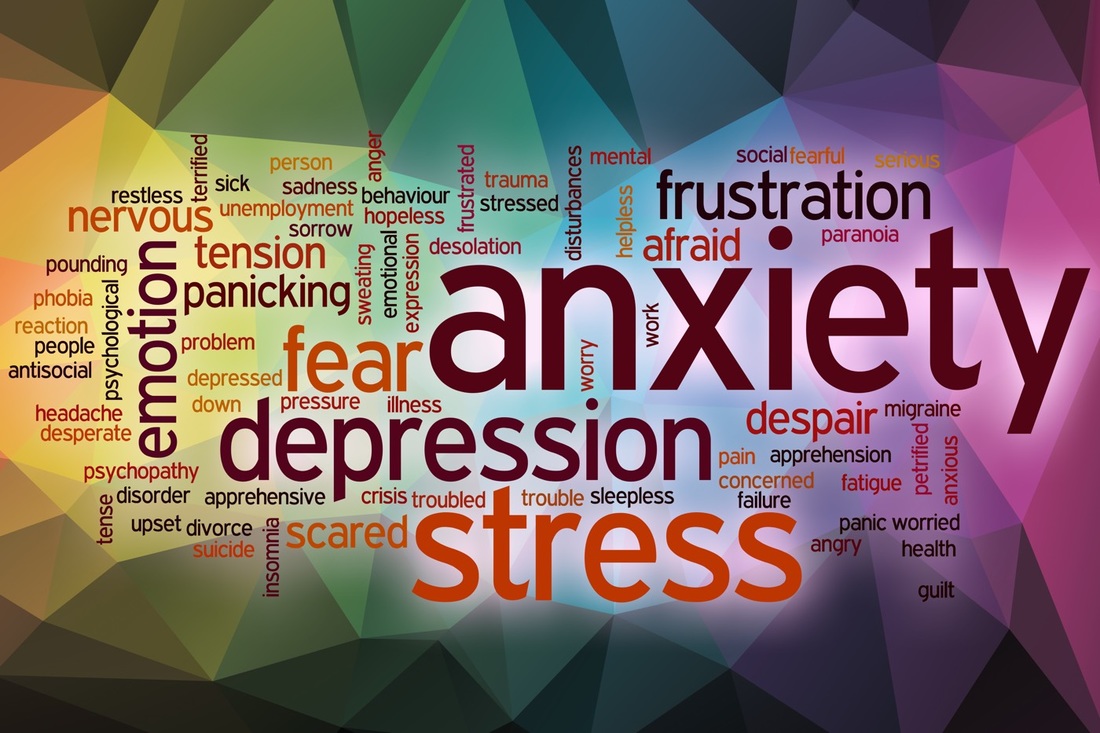
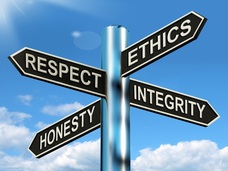
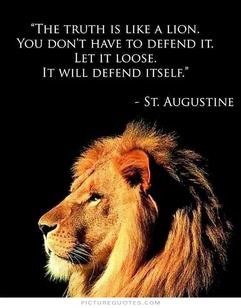
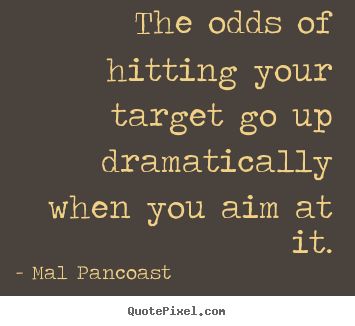
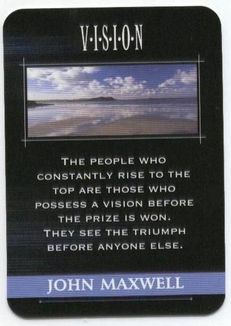
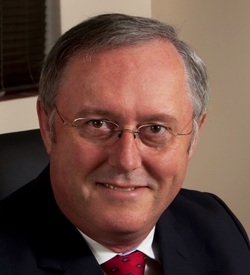
 RSS Feed
RSS Feed
